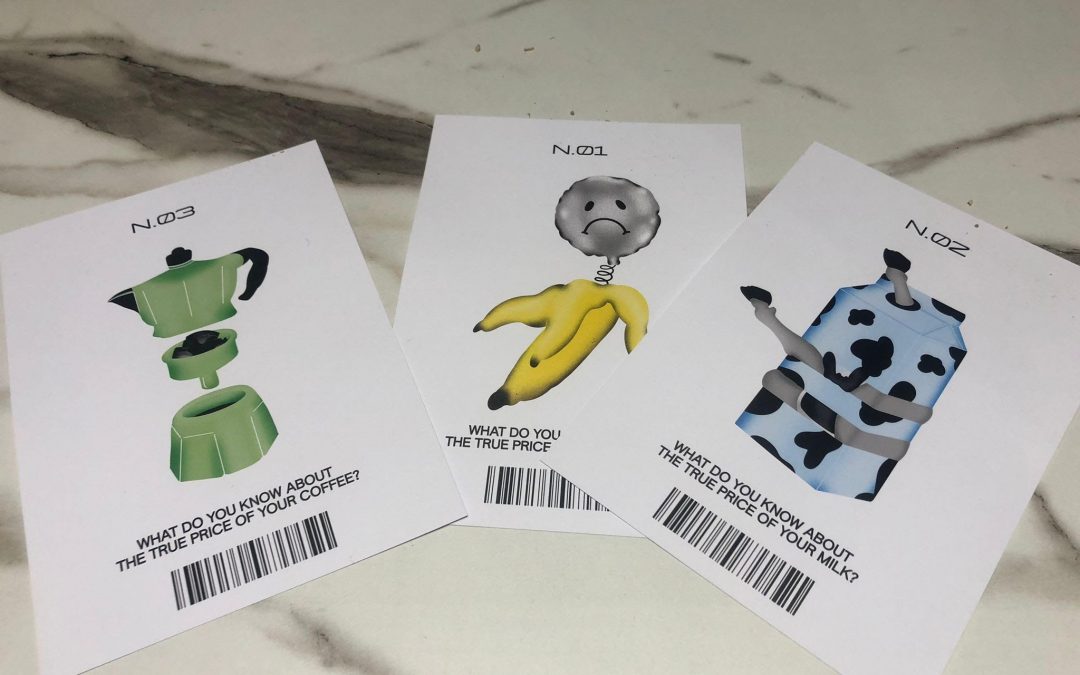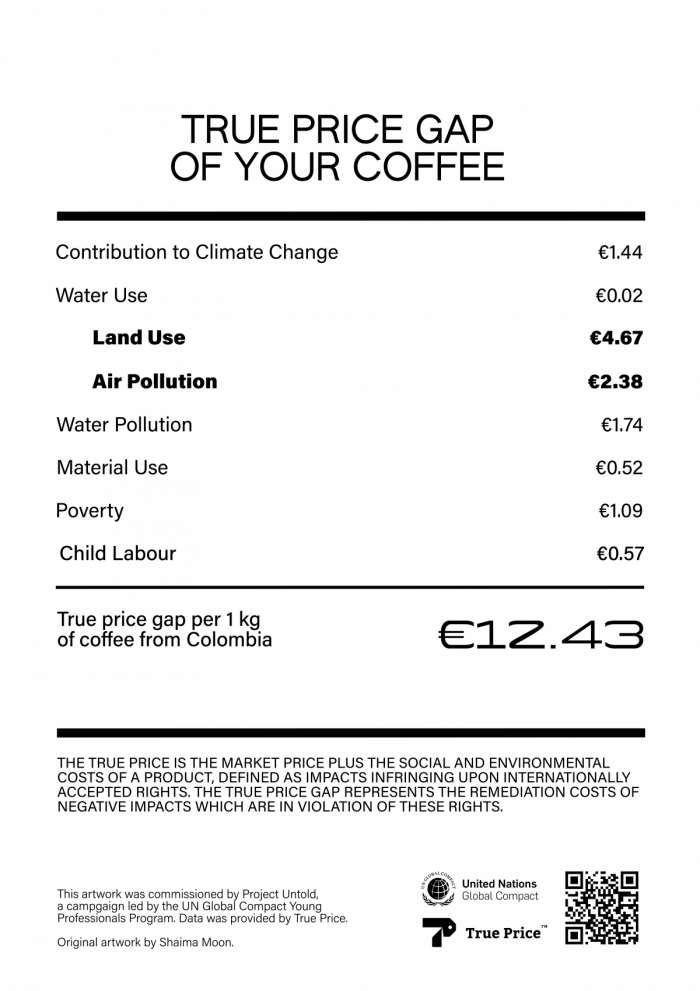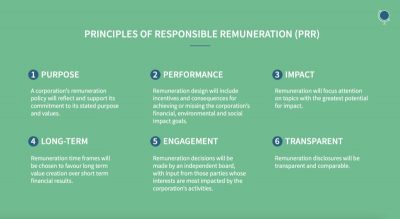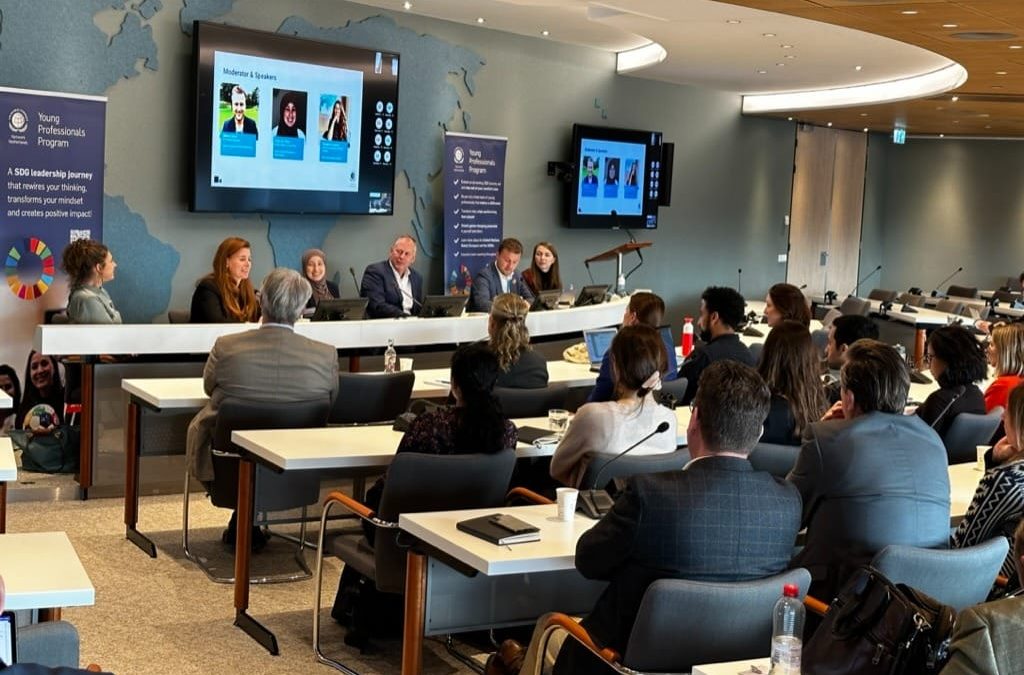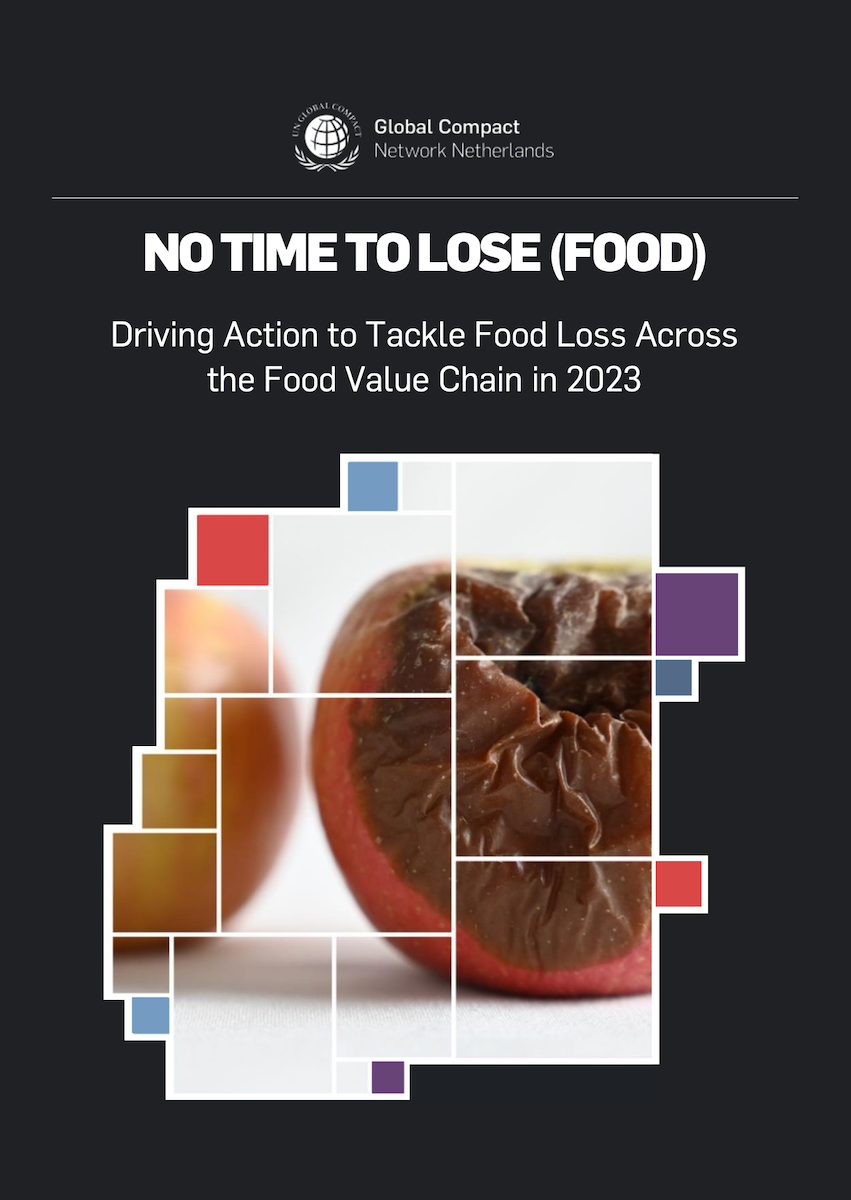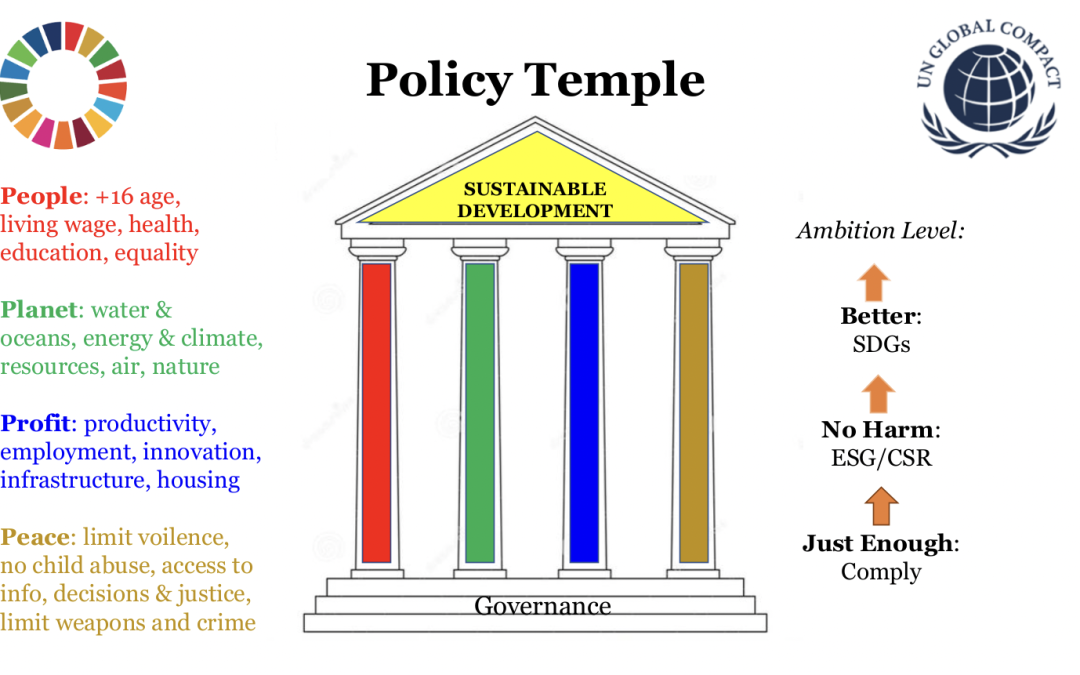
Building critical mass for sustainable business
Building critical mass for sustainable business
This was the challenge UN Global Compact Network Netherlands formulated one year ago for an alliance of 5 European universities (Barcelona, Budapest, Dublin, Montpellier, and Utrecht) under the name CHARM-EU, co-funded by the Erasmus+ Programme of the European Union.* A group of four students took the challenge and came up with their presentation on February 2, 2023, in Barcelona. One day later, together with all the other 56 students, they received their master’s degree at the European University, for the first time in history.
The focus of the students
The master students focussed the research question “What are SME perspectives regarding current and emerging sustainability reporting practices considering the incoming CSRD?” They focussed on the Netherlands where both their stakeholder UN Global Compact and the four University of Utrecht students are based.
The outcome of the research
After several interviews and desk research, it was confirmed: the SMEs have a lack of time, money and clarity about what is expected from them. Therefore, they built a prototype for a training module in the UN Global Compact Academy, consisting of three parts: requirements, resources/strategies, and a final quiz. Traditionally, we have the misconception that SMEs are little pawns in the business ecosystem, but the new regulations have put them in the spotlight and given them again the key role they have always played in their supply chains.
UN Global Compact Network Netherlands will consider how to follow up on these ideas.
Glossary/Info
* The number of alliances as part of the European University is 44 and still growing, but none of them has already acquired accreditation for a master’s degree like CHARM-EU has.


